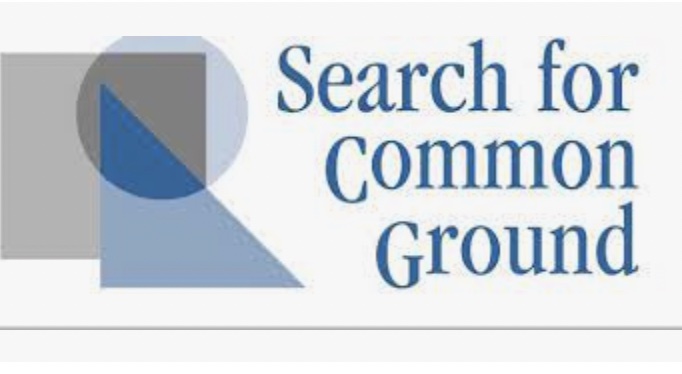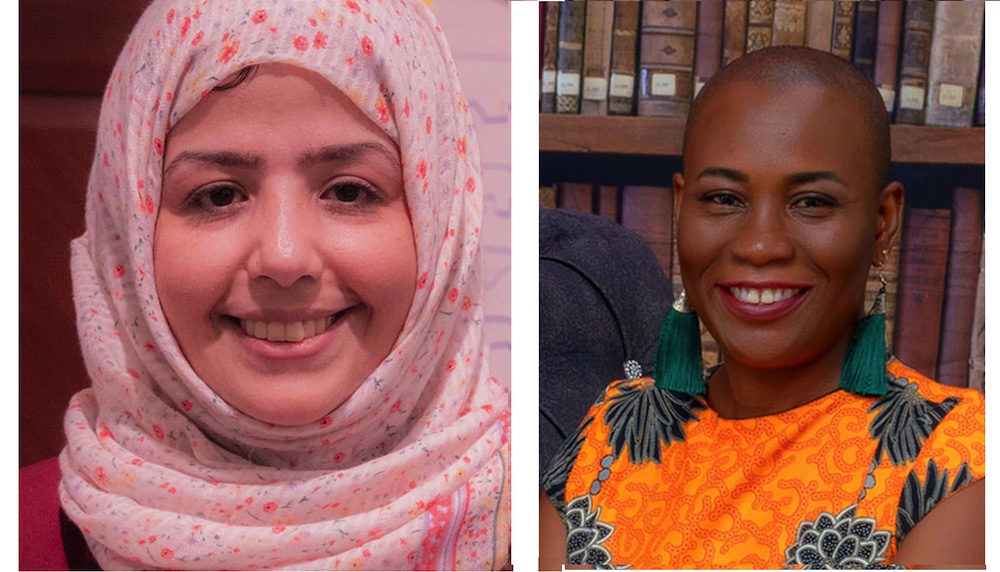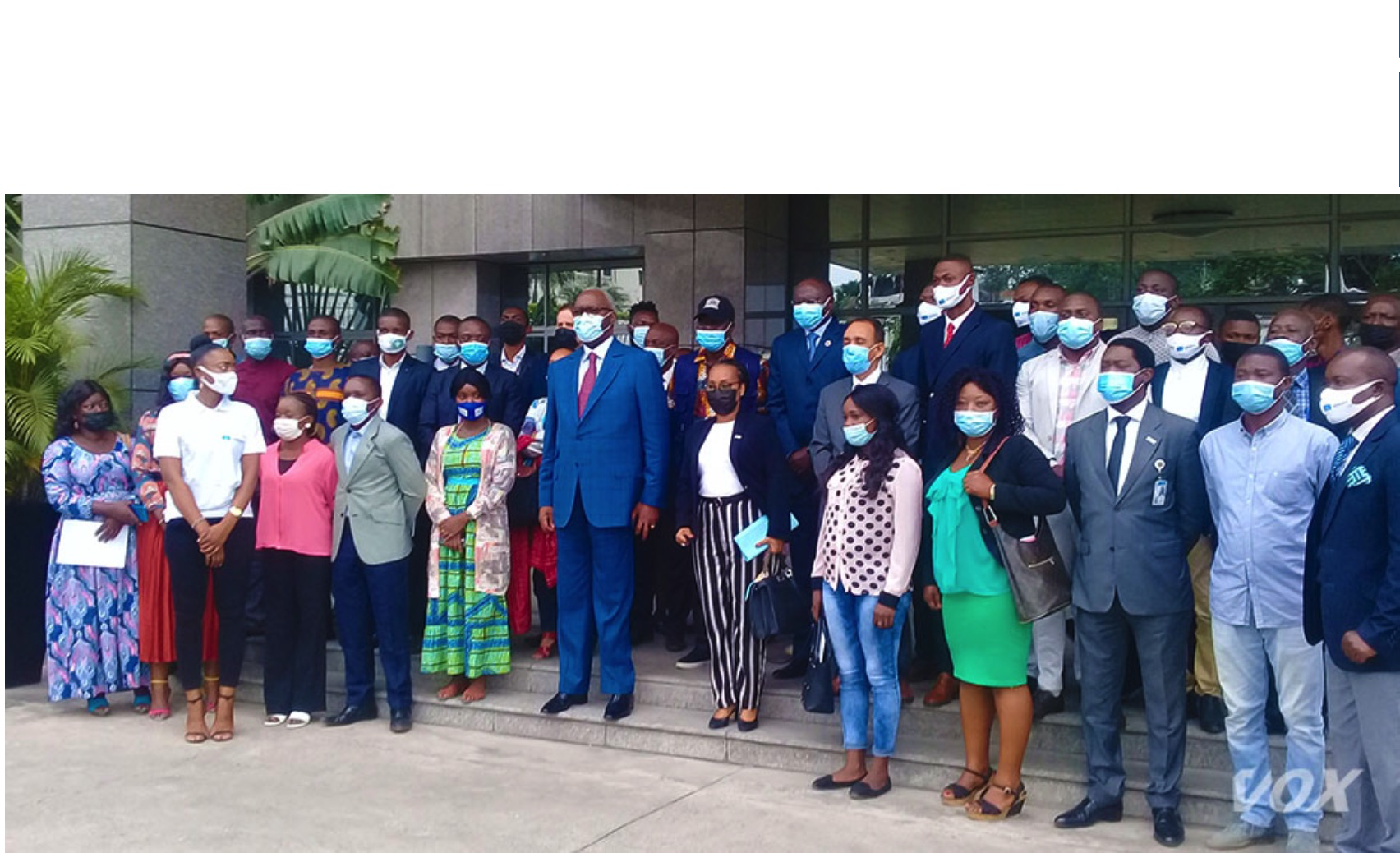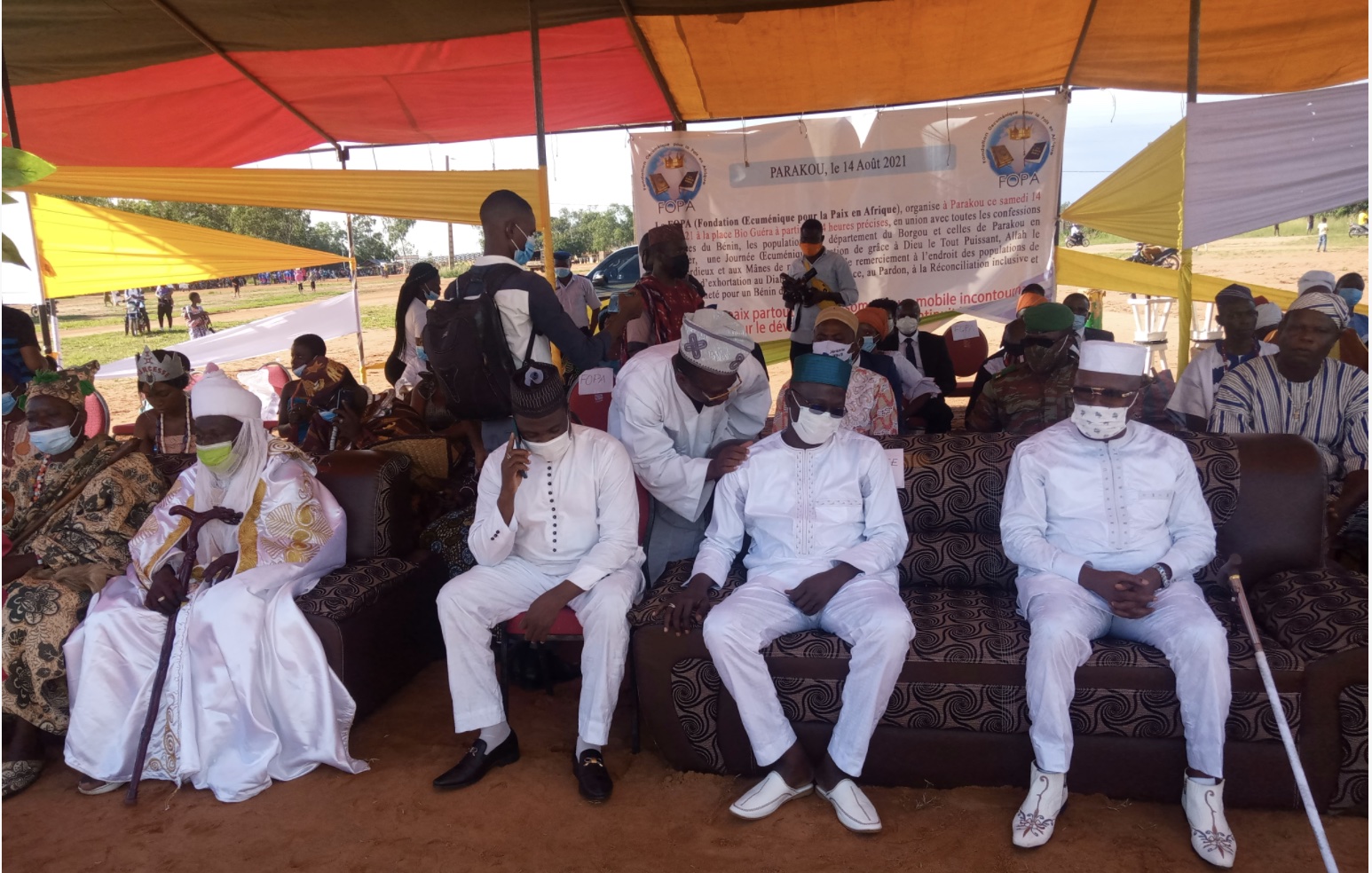The commercial media this month was dominated by the American withdrawal (in defeat) from Afghanistan. However, it was difficult to find anything worthy of this bulletin, since we insist that articles must “promote at least one of the 8 domains of the culture of peace”.
Eventually we found something positive: the courage of Search for Common Ground to stick with their culture of peace principles and to resist the mass exodus from Afghanistan. The organization will continue working there on the grounds that “intensive and consistent dialogue between all parties is the key to building a safe, healthy, and just society.” Similar decisions were taken by a few other aid organizations, including Médecins Sans Frontières.
The defeat of the American Empire in Afghanistan has inspired renewed efforts to defend Julian Assange, who is under attack because of his courageous research and publications that predicted the defeat from the very beginning. As expressed in an article coming from his home country of Australia, “The true nature of the war in Afghanistan has long ago been revealed by Assange, Wikileaks and others, counter to the propaganda justifying and promoting the war. . . . As events in Afghanistan demonstrate, never has the call for peace and justice for all peoples been more urgent. And given Julian Assange’s situation, never has the call for his release been more urgent.”
Meanwhile, as usual, the most important events for human history are ignored by the commercial media. The greatest threat to humanity is nuclear weapons, and the media mostly ignored the calls coming from Hiroshima and Nagasaki and peace activists around the world to ensure that they will never be used again.
The mayor of Hiroshima, Kazumi Matsui, writes, “At this Peace Memorial Ceremony marking 76 years since the bombing, we offer heartfelt prayers for the peaceful repose of the souls of the atomic bomb victims. Together with Nagasaki and likeminded people around the world, we pledge to do everything in our power to abolish nuclear weapons and light the way toward lasting world peace.”
The mayor of Nagasaki, Tomihisa Taue, writes, “While extending our deepest condolences to those who lost their lives to the atomic bombs, I hereby declare that Nagasaki will work tirelessly alongside Hiroshima and all people who desire peace to spread a “culture of peace” around the world and bring about the abolishment of nuclear weapons and the realization of eternal peace.”
The United Nations Secretary-General, Antonio Gutteres, says he continues to be humbled by the “selfless acts of the hibakusha, the name given to those who survived and continue to bear witness. Your courage in the face of immense human tragedy, is a beacon of hope for humanity. I reaffirm the full support of the United Nations to ensuring that your voices are heard by the world’s people, and especially by younger generations.”
And the United National Antiwar Coalition (USA) writes, “Many people now believe that the bombing of Hiroshima and Nagasaki was not to end WWII, which was in its final days but to start the Cold War and show the Soviet Union and the world what the US could do if any country dared to oppose it. . . . the United National Antiwar Coalition sees the main danger of nuclear war coming from the United States and believes that we in the US have a special obligation to the world to oppose that danger.”
CPNN readers were invited this month to take part in three virtual conversations about Hiroshima and Nagasaki .
On August 6, a webinar on abolishing nuclear weapons was held by UNITAR, in collaboration with the UN Office for Disarmament Affairs, Hiroshima Prefecture and the Hiroshima Organization for Global Peace.
Also on August 6, peace activists associated with the United Nations in New York, including the NGO’s Voices for a World Free of Nuclear Weapons and Charter for Compassion held a webinar asking “Hiroshima Day: Have we done enough?”
And on August 5, antinuclear groups in Brisbane, Australia, commemorated the anniversary of the bombings with a webinar celebrating the work that the community has done over time in opposition to nuclear weapons. One of the speakers was the renowned Dr. Helen Caldicott.
We at CPNN join in the global chorus demanding the abolition of nuclear weapons before nuclear weapons destroy our planet.
|
FREE FLOW OF INFORMATION |
TOLERANCE & SOLIDARITY |
SUSTAINABLE DEVELOPMENT |
DEMOCRATIC PARTICIPATION |
|
WOMEN’S EQUALITY |
DISARMAMENT & SECURITY |
HUMAN RIGHTS |
EDUCATION FOR PEACE |

















